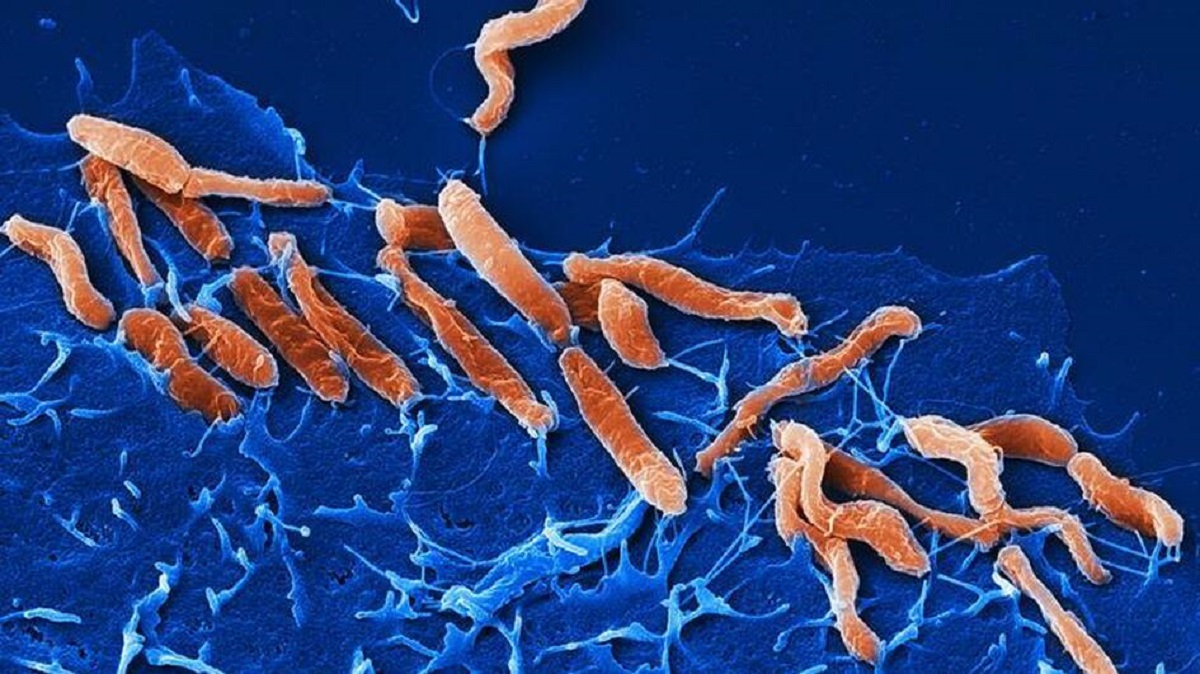KEY TAKEAWAYS
- The phase 1 trial aimed to investigate the efficacy of combining binimetinib and pembrolizumab in patients with stage IV NSCLC.
- Researchers noticed promising results in patients with NSCLC with KRAS or BRAF mutations in binimetinib and pembrolizumab combination therapy; further investigation is ongoing.
MEK inhibition combined with PD-1 axis blockade holds promise for enhancing clinical response in advanced non-small cell lung cancer (NSCLC) by augmenting T-cell infiltration into tumors.
C. Theriau and the team aimed to investigate the efficacy of binimetinib and pembrolizumab combination therapy in patients with stage IV NSCLC having PD-L1 tumor proportion score (TPS)>=50%.
They performed an inclusive analysis utilizing a 3 + 3 dose escalation design. Binimetinib was administered orally at dose level 1 (DL1; 45 mg) or dose level -1 (DL-1; 30 mg) twice daily continuously, in combination with pembrolizumab 200 mg IV q 21 days.
The primary objective was to define the recommended phase II dose (RP2D), while secondary outcomes included evaluating the combination’s safety profile and assessing response (RECIST 1.1).
A planned phase Ib expansion focused on patients with RAS/RAF/MEK dysregulated tumors via next-generation gene sequencing. Exploration of genomic markers is underway in both tissue and plasma samples.
They observed varying responses among 11 enrolled patients (3 at DL1= 45 mg, 8 at DL-1= 30 mg), 7 with KRAS, 2 with BRAF, and 1 with STK11 alterations. Among DL1 patients, 2 of 3 experienced dose-limiting toxicity (DLT), including grade 3 elevated amylase and diarrhea, grade 4 elevated lipase, and a grade 2 rash requiring dose reduction. Whereas 2 of 8 DL-1 patients were not evaluable for DLT due to progression or non-compliance. Of the remaining 6 patients, 1 experienced a DLT with a grade 3 rash.
Common toxicities included rash (100%), diarrhea (45%), pruritis (45%), and lower extremity edema (36%). Notably, a partial response occurred in 4 (36%) patients, stable disease in 4 (36%), and progressive disease in 3 (27%), yielding an overall response rate of 36% and a disease control rate of 73%. All 4 responding patients predominantly harbored RAS or RAF alterations, while 2 of the 3 patients with early disease progression had no RAS or RAF mutation.
The established RP2D for patients with advanced NSCLC is binimetinib 30 mg BID combined with pembrolizumab 200 mg IV q21 days. An initial indication suggests a potential response among patients with KRAS or BRAF mutations. Future data will be provided, including circulating tumor DNA variant allele frequency linked to response, and final analysis of primary endpoints.
The trial was sponsored by the University Health Network, Toronto.
Clinical Trial: https://clinicaltrials.gov/study/NCT03991819
Theriau C., Feng J., Eng L., et al. (2024). “A phase I study of binimetinib, a MEK inhibitor, in combination with pembrolizumab in patients with advanced non-small cell lung cancer (NCT03991819).” Presented at ELCC 2024 (Abstract 71P).



